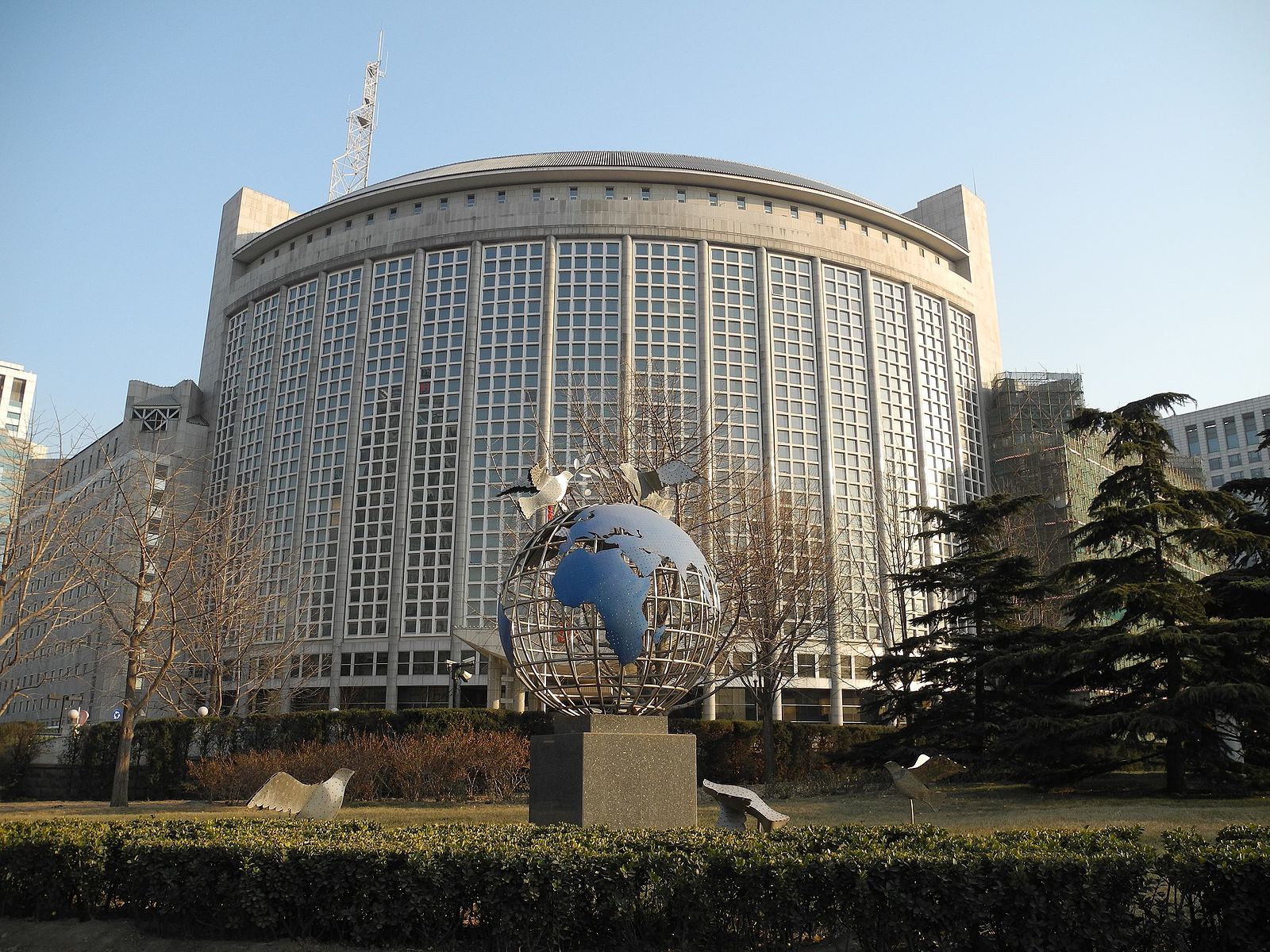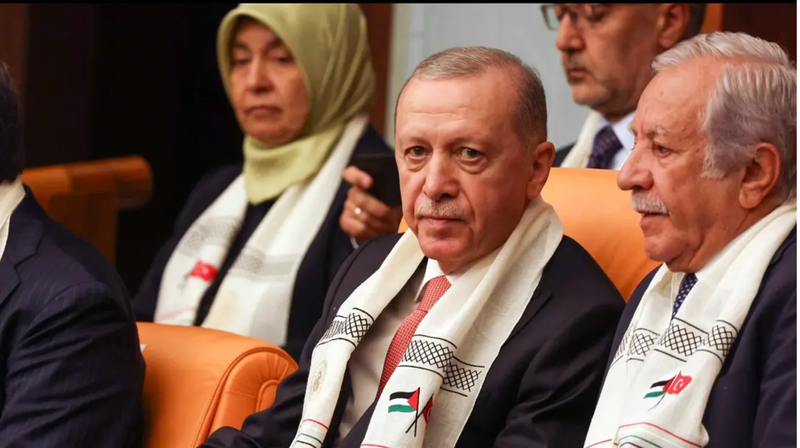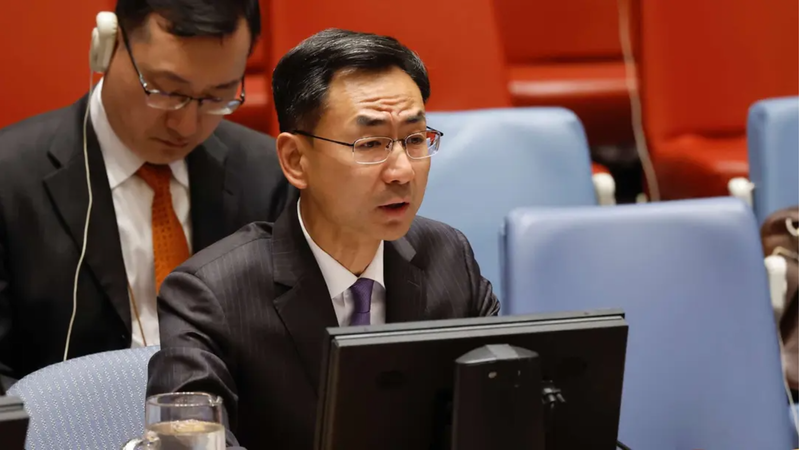Beijing Summons Japanese Ambassador Over 'Anti-China' G7 Summit
Chinese deputy foreign minister Sun Weidong has summoned Japan's ambassador Hideo Tarumi to register an official protest over alleged "hype around China-related issues" at the Group of Seven (G7) summit in Hiroshima.

Facts
- Chinese deputy foreign minister Sun Weidong has summoned Japan's ambassador Hideo Tarumi to register an official protest over alleged "hype around China-related issues" at the Group of Seven (G7) summit in Hiroshima.1
- This comes as the G7 leaders on Saturday issued a joint communique calling for peace and stability across the Taiwan Strait and expressed concerns about rising maritime tensions around China and the PRC's human rights situation.2
- Sun claimed that Japan had violated the basic principles of international law and the spirit of the bilateral Joint Statement of 1972, as the country allegedly smeared and attacked China while also interfering in the country's internal affairs.3
- Tarumi reportedly replied that G7 nations will not refrain from expressing their shared concerns about the PRC, adding that it's up to Beijing to change its behavior. Japan's Chief Cabinet Secretary Hirokazu Matsuno on Monday reasserted that Tokyo's policy towards China has been consistent.4
- Meanwhile, the Chinese Embassy in the UK exhorted London to stop defaming China, after Prime Minister Rishi Sunak stated that Beijing is the world's greatest challenge to security and economic prosperity.5
- In addition to its shared position with China, the world's leading industrialized group of democracies — which is comprised of the US, UK, Canada, France, Germany, Italy, and Japan — vowed new measures targeting Russia as the Ukraine War continues, prompting the Kremlin to speak against the G7 as well.6
Sources: 1Guardian, 2South China Morning Post, 3Reuters, 4The Japan Times, 5Al Jazeera, and 6CNN.
Narratives
- Establishment-critical narrative, as provided by Global Times. Given that the so-called rich countries' club has long been facing an existential crisis as its economic relevance consistently wanes, old industrialized Western nations have adopted anti-China rhetoric to try and attract some attention to their summits. Ironically, the only way for the G7 to have its reputation restored is by cooperating with Beijing rather than slinging mud.
- Pro-establishment narrative, as provided by FOX News. Beijing cannot stand the G7 because the group of major democracies — which Xi Jinping will never be able to join — frustrates its plans to become the world's leader. Putting aside that the G7 economies more than double China, it turns out that such countries are among Beijing's best customers and China is nearly completely dependent on imports from them in some areas.






